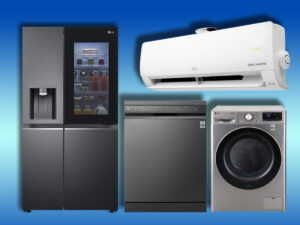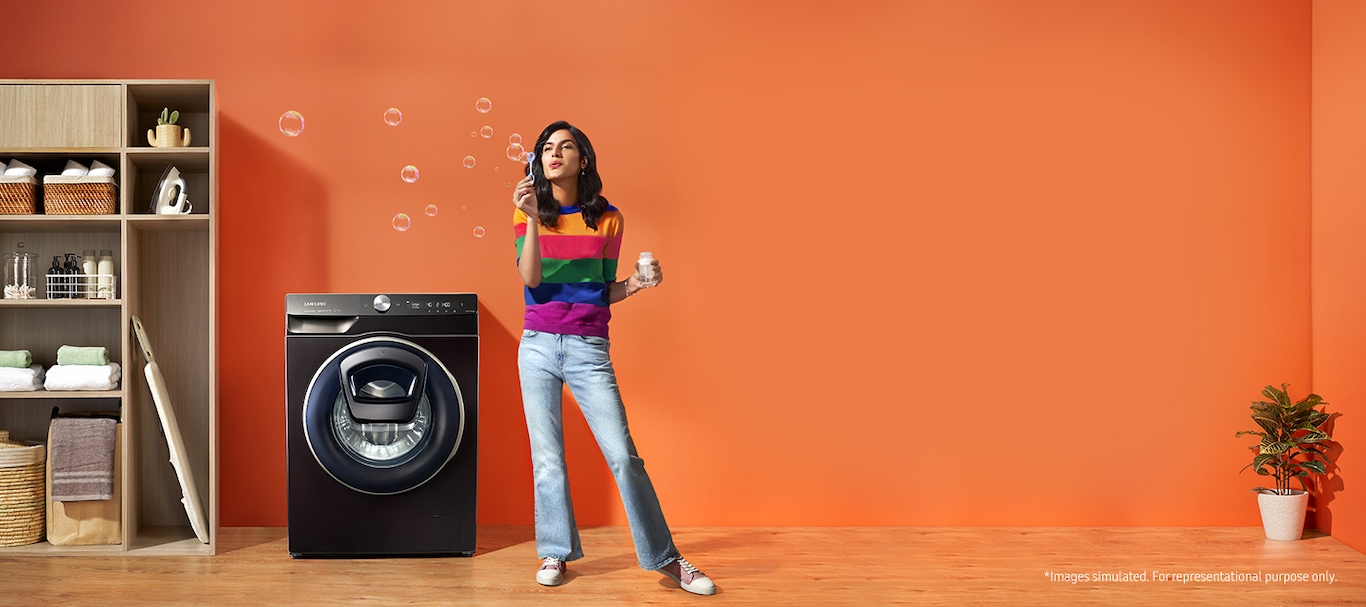In the relentless pursuit of efficiency, convenience and sustainability, the realm of home appliances is undergoing a remarkable transformation, giving birth to the next generation of innovative solutions that promise to redefine the way we interact with our living spaces. This paradigm shift goes beyond mere functionality; it encompasses a holistic approach to crafting homes for tomorrow. The fusion of cutting-edge technology, intuitive design and eco-consciousness has paved the way for appliances that seamlessly integrate into the modern lifestyle while addressing the challenges of the future. At the heart of this revolution lies the concept of smart homes, where appliances are not just stand-alone entities, but interconnected elements that communicate and adapt to the needs of the household. Imagine a refrigerator that autonomously tracks its contents, suggests recipes based on its inventory and even places grocery orders when supplies run low. This convergence of artificial intelligence, the Internet of Things (IoT) and machine learning has birthed appliances that learn and anticipate user preferences, making daily routines smoother and more personalized.

The next generation of home appliances extends its influence to areas beyond conventional expectations. Consider the energy-harnessing windows that double as solar panels, powering your home while optimizing natural light or the self-regulating thermostats that adjust temperatures according to occupants’ habits and real-time weather data. Such innovations not only enhance convenience but also exemplify the growing emphasis on sustainability. Manufacturers are increasingly mindful of their appliances’ carbon footprint, leading to energy-efficient designs that minimize resource consumption and waste. Furthermore, the aesthetics of home appliances have undergone a significant transformation. No longer mere utilitarian objects, they are now envisioned as pieces of functional art, seamlessly blending with interior designs. Sleek, minimalist lines and customizable finishes ensure that appliances are harmonious extensions of individual styles.
The advent of 3D printing and advanced manufacturing techniques has unlocked a new realm of possibilities in appliance design. Customization takes center stage as consumers can tailor products to their preferences, whether it is a uniquely patterned dishwasher or a refrigerator with personalized compartments. This personal touch not only enhances the visual appeal but also encourages a sense of ownership and attachment to these devices. As homes evolve into interconnected hubs of technology and comfort, the next generation of appliances is posed to shape this transition. The convergence of smart capabilities, sustainable practices and artistic design sets the stage for a future where our living spaces anticipate and cater to our every need. The journey from standalone gadgets to intelligent and eco-conscious companions marks a defining moment in the crafting of homes for tomorrow – an era where innovation and imagination converge to transform our daily lives.

